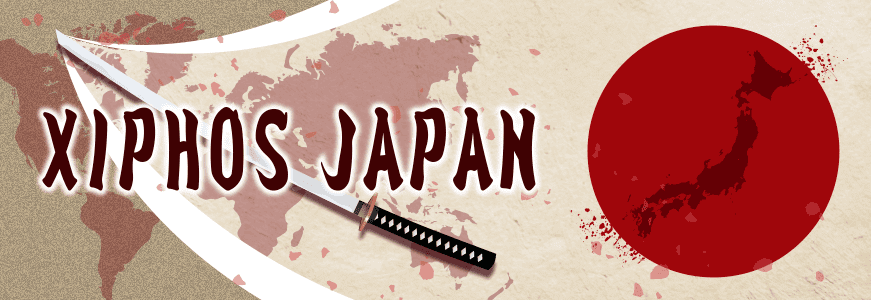 In recent years, an increasing number of companies are thinking about expanding their business overseas in an attempt to find a way to go abroad, fearing the future potential in Japan. This is because we expect overseas market potential. However, unfortunately, even if Japanese companies expand overseas, there are many companies that fail and withdraw.
In recent years, an increasing number of companies are thinking about expanding their business overseas in an attempt to find a way to go abroad, fearing the future potential in Japan. This is because we expect overseas market potential. However, unfortunately, even if Japanese companies expand overseas, there are many companies that fail and withdraw.
There is no 100% successful business in the world, but Japanese companies are struggling to expand overseas. I have always said that business models such as Japanese technology and services are “successful and acceptable” overseas. There are wonderful weapons (commodities) in Japan that are not available overseas. Asian countries such as China have succeeded in copying business by taking in what is popular in Japan and becoming a hot topic. , Copied people from other countries succeed. Why is there such a difference?
The answer seems to be the ability to adapt to the local area.
Not only Japanese, but various countries around the world have their own cultures and ideas. This is important to protect the identity, but in the business, as per the saying “If you enter the town, follow the town”, match your perception to the country you want to expand. There is a need. This lack of environmental adaptability and flexibility has led to struggling Japanese companies.
“Even though there are products that can be a big hit overseas, I can’t make full use of them!” This is my feelings toward Japanese companies. The original potential is outstanding, so if you change your mind a little, the chances of business opportunities and success increase dramatically.
So, specifically, how are the perceptions of business in Australia and Japan different, and how should Japanese companies change their minds when expanding overseas?
Information is not free
With the spread of the Internet, it has become much easier to get information than it was a long time ago. Thanks to the spread of the Internet, information on the back of the earth can be obtained in real time while sitting in the room. However, this is information that can be obtained from a free tool, and it is not easy to get the core information that is really necessary for doing business.
I know a lot of information about occupations, Australian commercial law, laws and more. These are information, or knowledge, that has become bloody after experiencing numerous failures. In addition, the company conducts its own internal research and may purchase the research credibility and comparative information from a research specialist. In addition, we may seek advice from specialists for items that require special expertise upon customer request. There is a charge for all of them. If you don’t pay, you won’t get accurate information.
Foreigners have the perception that “information = money” and the hourly wage is added simply by speaking directly with an expert. Just sitting is enough to get an hourly wage (although there are pros and cons to the high amount of billing, everyone understands the need to “pay that much for information”).
Unfortunately, there are still many people who tend to think that “information is just”. As I mentioned at the beginning, inquiries from Japan have increased rapidly in recent years. I am very happy to be able to look at Australia, which was a local position, but I am struggling to understand the value of information.
For example, “I want to start this business. Please estimate how much it will cost.” I received such a request, but if the business has specialities, there are various ways to start it in Australia. You must obtain a valid license. “What licenses are necessary for doing business?” “Application fee” “Requirements for obtaining licenses”, etc. Even if you feel free to ask us for an “quote”, you should ask for advice from experts who are familiar with the acquisition, as well as inquiries to various organizations.
Accurate information is essential to get an accurate estimate. Collecting it takes a lot of effort, time and money. Before I submit the estimated amount to the customer, I will first explain this properly and ask for a basic contract. Most foreign customers will be able to accept it easily, but if this is Japanese, it will be “Why do I need to pay to get an estimate?” If this is an Australian local company, “Yes. If you can’t pay, this is goodbye.” At that point, everything is over.
In Australia, if you make any request, you will be charged even for a small inquiry. First of all, there is a payment. If you don’t pay, nothing will start. It’s amazing if Japan has a culture of promissory notes, etc. (Conversely, the existence of promissory notes is not understandable from the world), but in Australia, It’s natural to think that you’re going to get lost. Even though it is true in Japan where the culture of “credit” is rooted, it is not true here because Australia is a multi-ethnic country with various races and there is a fundamental cultural difference. I can say that.
In my company, as well as local and foreign companies, there is an opinion on how to deal with dryness, but although I live more than half of my life overseas, I am still Japanese. Moreover, if the same Japanese is in trouble, the judgment will be sweetened. It is around this time that I am looking for a clear delineation, just as a person who wants to move into Australia seeks a way to adapt to this custom.







